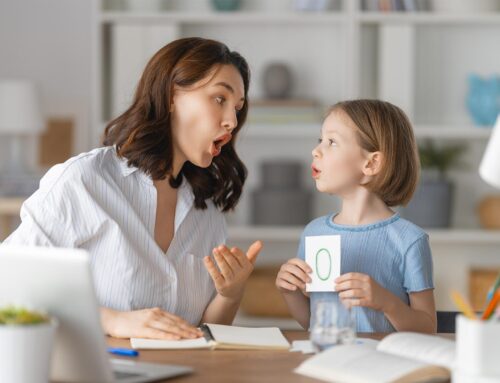Navigating the world of special education can be challenging for both parents and educators. Ensuring optimal outcomes for children with diverse learning needs requires a collaborative effort, with parents playing a crucial role. This guide outlines strategies to effectively engage parents in their child’s special education journey.
Understanding the Importance of Parent Involvement
Research consistently underscores the substantial impact of parental involvement on a child’s academic success, social-emotional well-being, and overall development. This holds true even more so for children with special needs. Parents possess invaluable knowledge about their child’s unique strengths, challenges, and learning styles. Their active participation in the educational process fosters trust, strengthens communication, and ultimately contributes to better decision-making for the child’s educational plan.
Building a Strong Foundation for Collaboration
Effective collaboration requires mutual respect, clear communication, and shared responsibility. Here are key strategies to establish a strong foundation:
- Open and frequent communication: Educators should proactively initiate regular communication with parents through various channels like phone calls, emails, and conferences. Parents should be encouraged to express their concerns, ask questions, and share their observations about their child’s learning progress.
- Cultural sensitivity and inclusivity: Educators should be mindful of cultural differences and ensure that communication is respectful and accessible to all families. Utilizing language translation services and providing information in multiple languages can be crucial in fostering inclusivity.
- Shared decision-making: Parents should feel empowered to participate meaningfully in decisions related to their child’s Individualized Education Program (IEP). Educators should provide clear explanations of IEP components and encourage parents to actively contribute to goal setting and program planning.
Engaging Parents in Different Ways
There are numerous ways to engage parents beyond traditional IEP meetings. Here are some effective strategies:
- Educational workshops: Organize workshops on specific topics relevant to special education, such as understanding diverse learning needs, behavior management strategies, and effective communication techniques.
- Parent support groups: Create safe spaces for parents to connect, share experiences, and offer peer support. Connecting families with similar experiences can foster a sense of community and belonging.
- Volunteer opportunities: Encourage parents to volunteer in their child’s classroom or participate in school events. This allows them to gain firsthand insights into the classroom environment and build rapport with teachers and other parents.
- Home-school communication: Utilize different tools and platforms to facilitate communication between home and school. These can include online portals, student agendas, and mobile apps for sharing updates, assignments, and resources.
Technology as a Tool for Engagement
Technology can play a significant role in facilitating parent engagement. Online platforms can provide access to educational resources, online learning modules, and communication tools. Utilizing video conferencing tools can also enable effective communication even when parents are unable to meet in person.
Engaging parents in their child’s special education is a continuous process that requires dedication and effort from both educators and families. By fostering a positive and collaborative environment, utilizing effective communication strategies, and leveraging technology, we can create a learning environment where all children, especially those with special needs, have the opportunity to thrive.





Leave A Comment